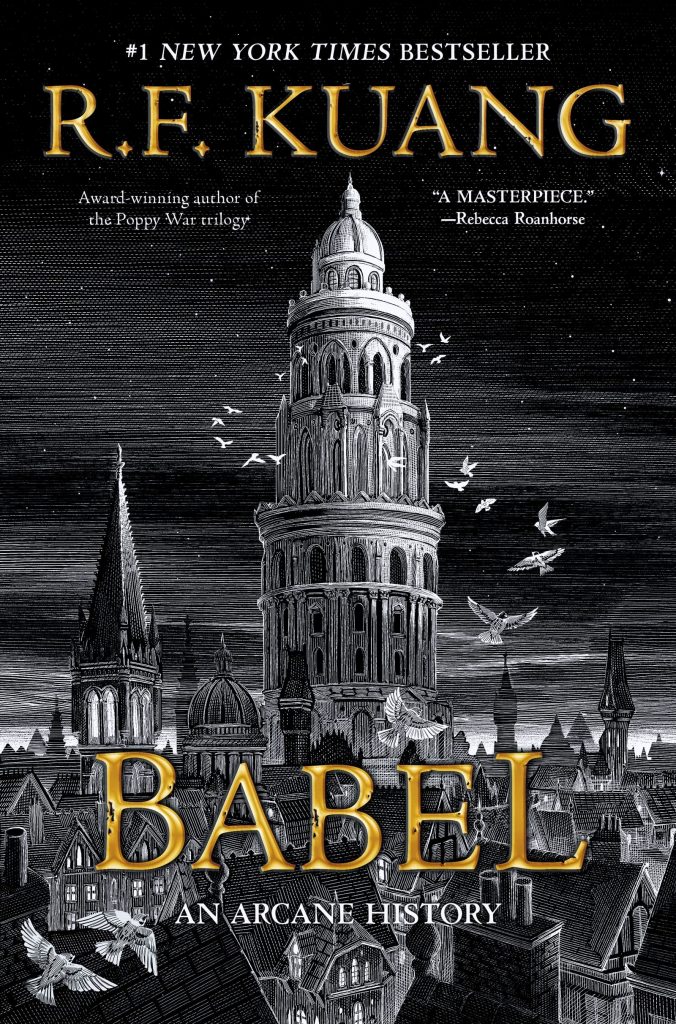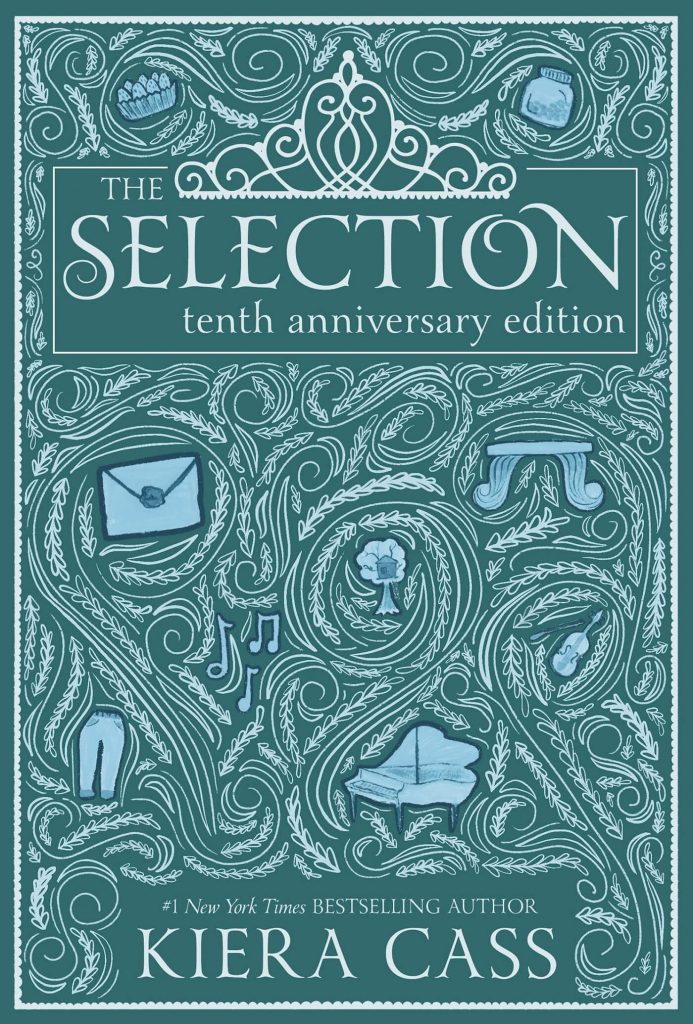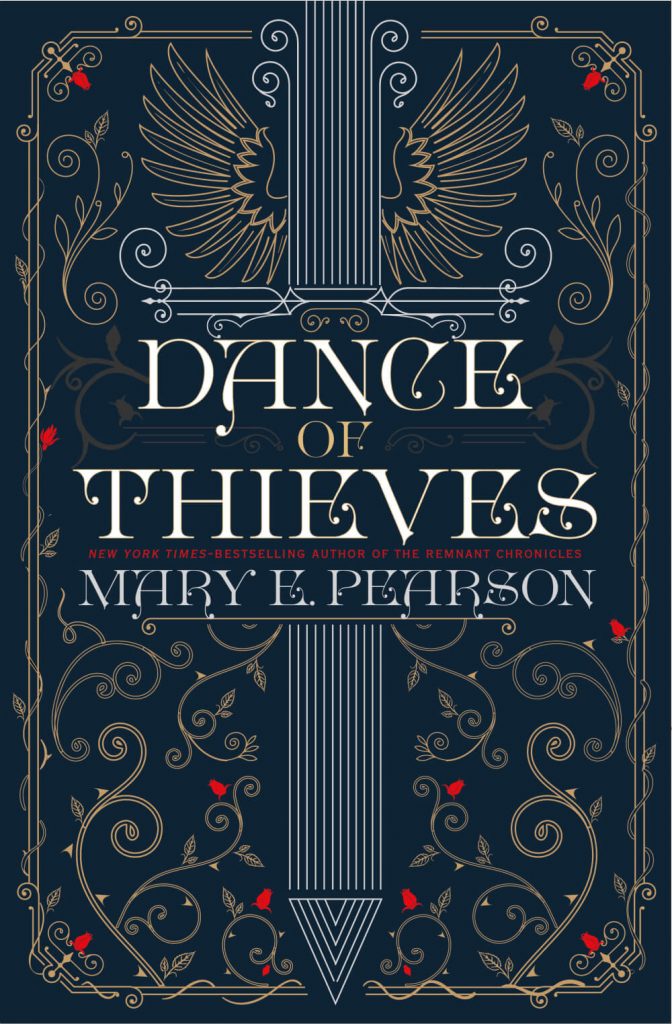Lessons in Chemistry
Author: Bonnie Garmus
Genre: Historical Fiction, Literary Fiction, Women’s Fiction
Published: 2022
Rating: ★☆☆☆☆ – 1/5
Note: This is not a spoiler-free review.
“Sometimes I think, that if a man were to spend a day being a woman in America, he wouldn’t make it past noon.”
– Lessons in Chemistry by Bonnie Garmus
Bonnie Garmus’ Lessons in Chemistry follows Elizabeth Zott, a talented chemist in the 1960s who, after facing severe discrimination in the scientific community, is unexpectedly thrust into the role of host on a popular cooking show. There, she uses the guise of teaching housewives how to cook to subtly teach science, debasing traditional gender norms in an effort to empower her audience.
Unfortunately, the execution falls flat. I read Lessons in Chemistry as part of a book club, and from the start, we were cautious in our praise. By the end, it was clear that we all had the same reaction: a mixture of disappointment and confusion. What could have been a powerful narrative about overcoming systemic gender inequality instead devolved into a story filled with flat characters, predictable plot twists, and overly simplistic writing.
– Elizabeth Zott –
Elizabeth is at the center of the novel, but despite her brilliance, she is a curiously distant protagonist. She’s constantly described as perfect—an idealized version of a feminist icon. She’s impossibly smart, effortlessly beautiful, morally faultless, and practically flawless. In theory, these attributes are admirable, but in execution, they make her difficult to connect with. Elizabeth lacks the depth that would make her feel like a real, relatable person. There’s little emotional vulnerability, no real flaws, and her character arcs like a perfect line with no dips or detours. She simply is. For a novel that’s supposed to subvert traditional gender roles, it feels odd that Elizabeth herself fits into an almost stereotypical mold of “the perfect woman.”
– Calvin Evans –
Calvin, Elizabeth’s love interest, is a welcome contrast to her emotionally distant persona. Calvin is quirky, socially awkward, and refreshingly human. He’s the only character in the story who feels genuinely real—imperfect, complicated, and not bound by the same sense of flawless perfection that defines Elizabeth. The potential for their relationship to explore complexity was there, but it is tragically cut short. Calvin’s death, which should have been a significant emotional turning point, is predictable and lacks the impact it could have had. His absence from the story is noticeable, but because Elizabeth remains so unshaken by the loss, it feels like another missed opportunity for emotional connection.
– Mad Zott (Elizabeth’s Child) –
Mad is introduced as the “child genius,” an all-too-familiar trope that immediately undermines any potential for genuine character development. She’s brilliant and emotionally stable—essentially a miniature version of her mother. While Elizabeth may have been the textbook feminist icon, Mad is the ultimate idealized daughter: perfect in every way. Their relationship, meant to showcase the bond between mother and daughter, lacks any real conflict or growth. The perfect mother-daughter dynamic could have been an opportunity to explore the challenges of raising a child in a less-than-perfect world as a single parent, but instead, it’s reduced to an almost sterile portrayal of an ideal relationship with zero emotional stakes.
– Six-Thirty (the dog) –
Six-Thirty, the dog who serves as Elizabeth’s sidekick, could have added some whimsy to the story, but instead, he becomes yet another bizarre element in a novel that frequently strays from its intended tone. Six-Thirty not only learns to communicate but also narrates parts of the story (I’m not kidding). At first, this seems quirky and humorous; I honestly believed it to be a joke. But it quickly becomes distracting. The dog’s narrative voice feels like an unnecessary gimmick rather than a thoughtful addition.
– My Honest Review –
What initially seemed like an intriguing feminist exploration of gender roles in the 1960s, quickly devolved into a predictable, emotionally distant narrative. Elizabeth Zott could have been a fascinating character—an intellectual who finds herself trapped by societal expectations and fights back in unexpected ways. Instead, she’s portrayed as a flawless ideal, which undermines the potential for true character development.
The plot, which follows Elizabeth’s transition from scientist to television cooking show host, offers an interesting concept, especially when she uses her platform to subtly challenge her audience’s understanding of chemistry and their place in the world. In theory, this could have been a narrative about lessening patriarchal views. In practice, it reads as shallow and overly simplistic. The stakes are never truly high. Elizabeth’s wins come easily, and any struggles she faces are resolved with little consequence. The book moves from one scenario to the next, checking boxes but never diving into the emotions of what it means to fight against the expectations placed on you.
The lack of depth in the narrative and the lack of vulnerability in Elizabeth’s character ultimately made the book a frustrating read. Elizabeth is too perfect, too flawless, and, as a result, I couldn’t connect with her. The supporting characters—like Calvin, Mad, and Six-Thirty—had their moments, but they never felt fully realized. They functioned more as props in Elizabeth’s journey than as fully developed people with their own motivations and arcs.
Ultimately, Lessons in Chemistry fell short of its promise. It never achieved the emotional resonance I hoped for, nor did it provide the social commentary it could have delivered. What could have been an empowering, thought-provoking narrative instead felt like an empty shell, full of ideas but lacking the depth and emotional complexity to bring them to life.
Happy reading…I guess.



